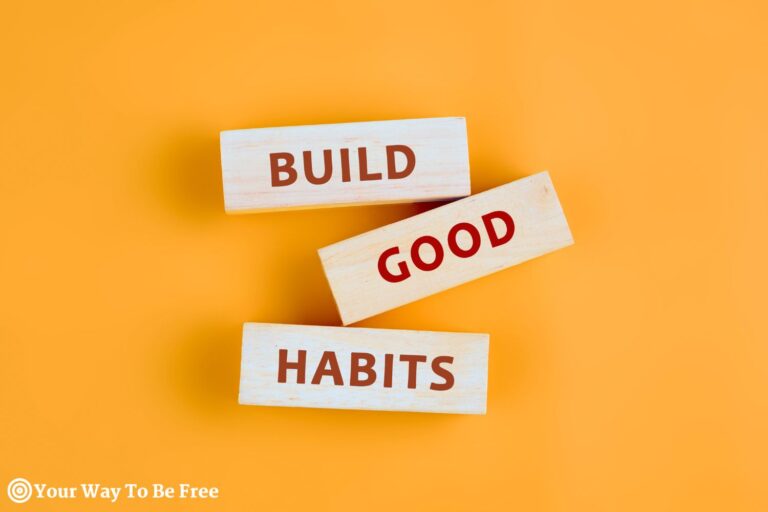Have you ever found yourself in a disagreement that escalated into a full-blown argument? Your heart races, your palms get sweaty, and your mind is consumed with frustration. Arguments are a natural part of human interaction, but here’s a thought: is any argument truly worth damaging your mental health? In this article, we’ll explore the profound impact arguments can have on your mental well-being and why preserving your peace should be a top priority. You’ll discover practical strategies to protect your mental health, learn to choose your battles wisely, and find out how to communicate more effectively without sacrificing your inner calm.
More of a visual learner? Watch this video below and subscribe to our YouTube channel here!
How Conflict Impacts Your Mental Health
Arguments can sometimes feel like we’re carrying around a heavy emotional burden. They weigh us down mentally and emotionally, affecting our overall well-being. When we engage in conflicts, especially those that turn hostile, our bodies respond by flooding our system with stress hormones. This physiological reaction not only disrupts our mental peace but can also lead to chronic stress, anxiety, and even depression. The emotional turmoil from arguments can impair our concentration, disrupt our sleep, and leave us feeling drained and overwhelmed.
Related: The Best Ways to Unwind: Practical Tips for Effective Stress Relief
Shifting Your Perspective on Arguments
Shifting your perspective on arguments can significantly impact your mental health. Ask yourself: is winning an argument truly worth the potential damage to your well-being? In most cases, it’s not. Instead of focusing on “winning” an argument, consider the bigger picture. Reflect on whether this disagreement is something that will matter in a day, a week, or a year from now. By evaluating the long-term significance of the conflict, you can decide if it’s worth engaging in or if it’s better to let go for the sake of your peace.
Related: 7 Toxic Behaviors to Avoid for Healthier Relationships and Personal Growth
Reflective Questions to Guide Your Reactions
Before diving headfirst into an argument, it’s crucial to pause and reflect. Taking a moment for introspection can help you determine whether engaging in the conflict is truly necessary or beneficial. Here are some guiding questions to consider, which can help you protect your mental health and foster more constructive interactions:
- Is this argument essential for my well-being or the well-being of others?
- Am I engaging in this argument out of ego or a genuine desire to understand or help?
- Will this argument matter in the long run, or is it a fleeting disagreement?
- Can I communicate my perspective calmly and respectfully without escalating the situation?
Effective Strategies for Protecting Your Mental Health in Conflicts
Your mental health is precious, and it deserves protection. While it’s crucial to communicate and address issues in relationships and life, there are healthier ways to do so. Here are four effective strategies:
- Practice Active Listening: Instead of immediately responding, listen actively to the other person’s perspective. Seek to understand before seeking to be understood.
- Take a Break: If an argument starts to escalate, it’s okay to take a step back. Give yourself time to cool off and collect your thoughts.
- Choose Your Battles: Not every disagreement needs to turn into a full-blown argument. Learn to discern when it’s worth engaging and when it’s better to let go.
- Seek Mediation: If an issue persists, consider seeking the help of a neutral third party, such as a therapist or counselor, to mediate the discussion.
Conclusion
Arguments may seem inevitable, but the toll they can take on our mental health is undeniable. Preserving your peace and well-being should always be a top priority. Remember, no argument is worth damaging your mental health. Instead, seek healthier ways to communicate, set boundaries when needed, and prioritize your emotional balance. By doing so, you’ll not only protect your mental health but also contribute to a more peaceful and harmonious world around you.
Related: How To Free Your Mind








One Response
Wonderful web site Lots of useful info here Im sending it to a few friends ans additionally sharing in delicious And obviously thanks to your effort